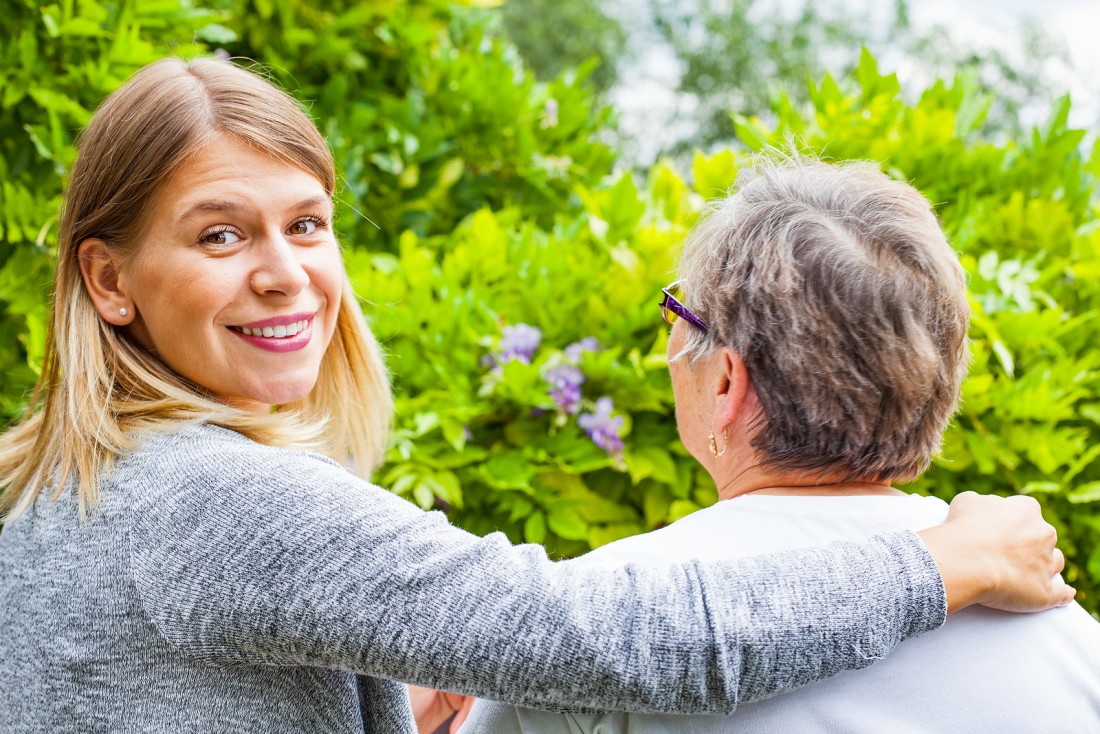Recently, daylight savings time officially ended again as we turned our clocks back one hour on Sunday, November 3rd, making sunrise and sunset times an hour earlier.

While most people that struggle with the time change tend to do so in the Spring when we lose an hour of sleep, many folks will still have trouble getting used to the new time and have trouble falling asleep as their bodies attempt to get used to the new routine and schedule.
Not only do many seniors take issue with their daily home care schedule changing, but studies show that sleep deprivation can have a negative effect on mood, with disruptions throwing off hormonal imbalances and even increasing depression, irritability, and anxiety. If your senior parent or loved one is already sleep-deprived, it can have an even more drastic effect.
Some seniors will adjust to the new time and new routine in a matter of a few days, but for others, it will take more time.
Tips for falling back in time...
-Take it slow and be proactive.
Falling asleep after the Fall time change can be difficult as their body is not used to going to sleep that early. Try having your senior ease into the new time by shifting bedtime back by 15 minutes a night before the time change so that when it officially happens, they will be more likely to adjust.
-Avoid naps.
Try not to let your senior nap too much, but it is especially important to avoid napping close to bedtime. If they do need to nap, try and limit their sleep to 30 minutes or less.
-Say No to caffeine.
Drinking caffeine can be detrimental if your senior is having difficulty falling asleep after daylight savings ends. If they do feel like they have to consume caffeine, try and limit it to the early morning or early afternoon hours so as not to affect their sleep pattern too greatly.
-Look for signs of depression.
For some people, the time change can do more than just force them to readjust to a new sleep and wake pattern and mess with the sunrise and sunset times.
Seasonal Affective Disorder, or SAD, is a form of depression that comes and goes with certain seasons. For many people who experience this disorder, it begins in the Fall time, when the amount of daylight we get in the evening hours starts to dwindle.
Fortunately, treatment is available for people who suffer from symptoms of Seasonal Affective Disorder, like medications that have been known to help, light therapy, and talking to a therapist. If you suspect depression or SAD in your senior who is receiving home care, talk to their doctor or another mental health professional to have them screened and find out about more ways to help them get through the time change.
If you or an aging loved-one are considering hiring Home Care in Livonia, MI, or the surrounding area, please contact the caring staff at CareOne Senior Care today. Call us at (248) 308-2777.
source:
Uabmedicine.org
Health.clevelandclinic.org
Healthline.com
Psychologytoday.com


